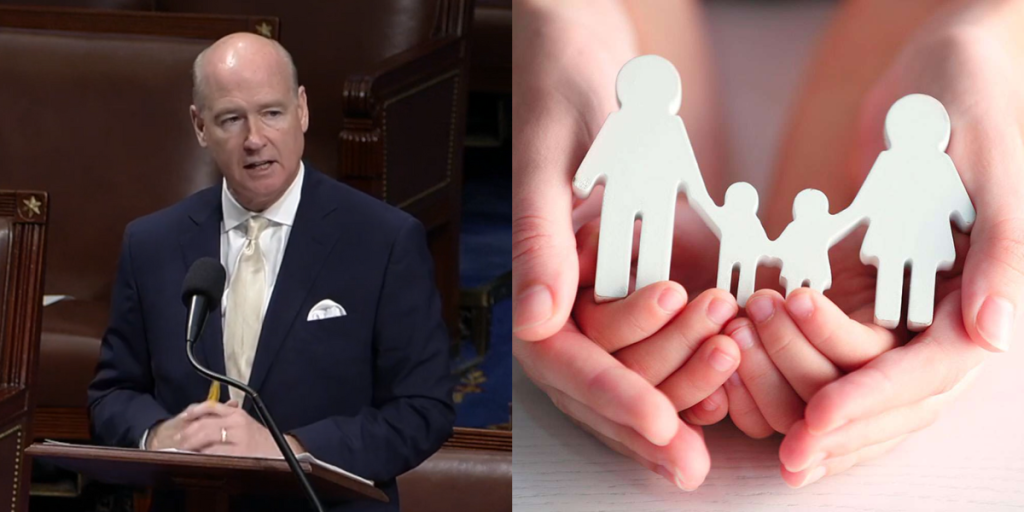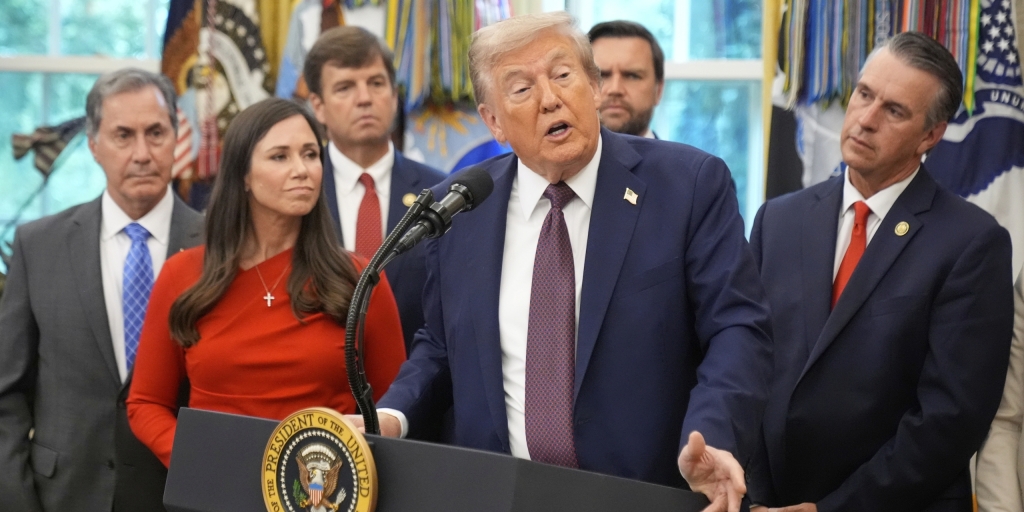U.S. Sens. Tommy Tuberville and Katie Britt joined a bipartisan group warning a proposed regulation could harm the American paper and pulp producing industry.
The regulation, called the European Union’s Deforestation-Free Regulation (EUDR), would impose costly reporting requirements for American companies in the forest products industry that export to the European Union (EU) and serve as a barrier to international business.
In a letter to U.S. Trade Representative Katherine Tai, Tuberville (R-Auburn), Britt (R-Montgomery) and the other senators wrote, “We write to express our concern about the potential effects of the European Union Deforestation free Regulation (EUDR) on U.S. paper and pulp producers, which becomes enforceable in 2025. We are concerned that the rule will negatively impact U.S. producers by imposing costly requirements on U.S. exporters that will limit market access for the $3.5 billion in U.S. forest derived products entering the European Union (EU) annually.
“We appreciate the United States Trade Representative’s attention and engagement on EUDR and urge USTR to continue to engage with the European Commission, EU member states, and the World Trade Organization to ensure that U.S. paper and pulp producers are treated fairly under these EU regulations.”
According to Tuberville’s office, 72% of the land area in Alabama is forested – far more than what was 100 years ago when most of the state was cropland (much of it in cotton). The vast majority of the timberland is privately owned.
The U.S. forest products industry directly employs more than 920,000 Americans and indirectly supports more than 2 million jobs.
The senators are calling on the Trade Office to engage with their European counterparts and seek clarity on the EUDR’s traceability requirements, data reporting, and country benchmarking. Tuberville is also pushing Tai to encourage the EU to recognize that the U.S. has robust regulatory standards to protect the long-term health of U.S. forests.
Alabama ranks third nationally in the forest products sector’s contribution to the state economy, and top ten across the U.S. for the production of lumber, pulp, paper and paperboard, and wood panels. The industry produces over $27 billion in economic output and employs more than 123,000 Alabamians.
“Proper stewardship has led to an American ecosystem of forests that are healthy and growing,” the senators wrote. “According to the U.S. Forest Service, more than one billion trees are planted each year in the United States and total forest area increased by 18 million acres between 1990 and 2020. That is why we urge USTR to engage with their EU counterparts to ensure that EUDR implementation focuses on countries in which illegal deforestation is occurring.”
In addition to Tuberville and Britt, the letter was signed by Sens. Marsha Blackburn (R-Tenn.), Angus King (I-Maine), Tim Scott (R-S.C.), Ron Johnson (R-Wis.), Marco Rubio (R-Fla.), Ted Cruz (R-Texas), Tom Cotton (R-Ark.), Debbie Stabenow (D-Mich.), Mark Warner (D-Va.), Bill Hagerty (R-Tenn.), Raphael Warnock (D-Ga.), John Boozman (R-Ark.), Tammy Baldwin (D-Wis.), Tim Kaine (D-Va.), Mike Braun (R-Ind.), Amy Klobuchar (D-Minn.), Lindsey Graham (R-S.C.), Roger Wicker (R-Miss.), Bill Cassidy (R-La.), Thom Tillis (R-N.C.), John Kennedy (R-La.), Ted Budd (R-N.C.), Susan Collins (R-Maine), and John Cornyn (R-Texas).
“The EUDR imposes a geolocation traceability requirement that mandates sourcing to the individual plot of land for every shipment of timber product to the EU,” the senators said. “In the U.S., 42 percent of the wood fiber used by pulp and paper mills comes from wood chips, forest residuals, and sawmill manufacturing residues – wood sources that cannot be traced back to an individual forest plot. The EUDR traceability requirement will be nearly impossible for a significant segment of the U.S. paper and pulp industry to comply with.”
In addition to conducting oversight over USTR, Tuberville is urging the Environmental Protection Agency to rescind a new rule tightening National Ambient Air Quality Standards for fine particulate matter standards. He said the new rule would force approximately 40% of the United States into nonattainment and severely burden the forests and manufacturing industries.
To connect with the author of this story, or to comment, email [email protected]













